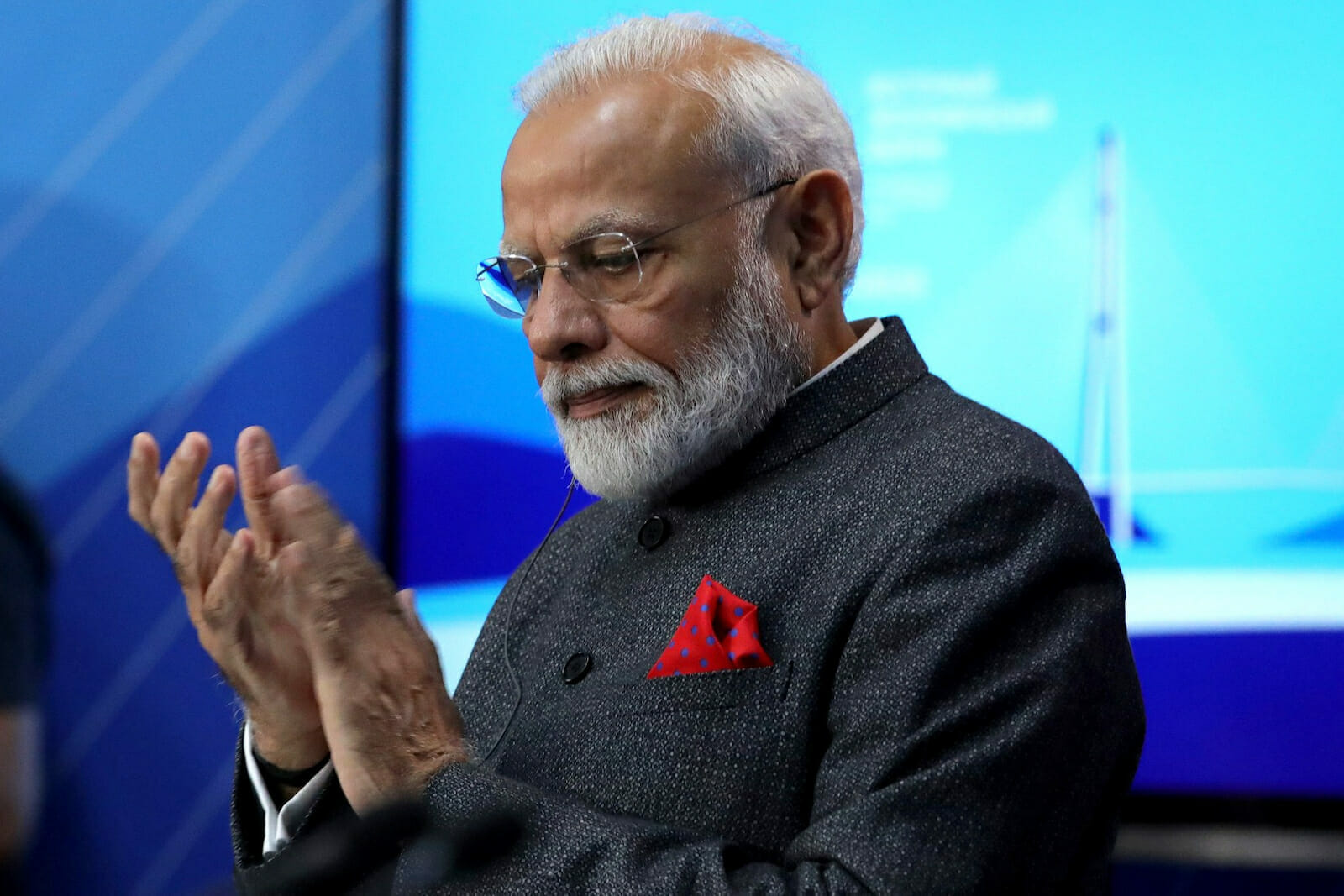
Unrest in India: Why the Citizenship Law isn’t Needed
As the decade draws to an end, we look forward to a progressive world doused with equality, secularism, and all things democratic. India, the largest democracy in the world, has flailed in the archaic fabric of religious divide and has orchestrated the Citizenship Amendment Act (CAA). Its foundations were laid in 2016.
The bill, introduced by the Minister of Home Affairs, has now been sanctioned into an act and essentially makes it easier for non-Muslim immigrants from India’s three Islamic neighbors — Pakistan, Bangladesh and Afghanistan — to become citizens of India. Albeit, the bill doesn’t spell it out, it entitles Hindus, Sikhs, Buddhists, Jains, Parsis, and Christians facing religious persecution in the three nations to seek Indian citizenship and underscores the exodus of Muslims vis-à-vis refugee and immigration.
Moreover, the requirement for the aforementioned communities to reside in India for at least eleven years prior to applying for Indian citizenship has been relaxed to five years; irrespective of whether the concerned immigrants have valid documentation. But lest the clear discrimination does not cut it, the government has also committed to applying the National Register of Citizens (NRC) across India in order to identify and expel illegal immigrants; people who are unable to produce ancestral records to prove their citizenship and inclusion in NRC will be accepted as migrants and given Indian citizenship under CAA, but the members of the community other than the six mentioned above, will risk statelessness. If anything, this gaslights the already sensitive stance of Muslim people in India and engenders Islamophobia combined with xenophobia, a brawny recipe for disaster.
What one’s mind seeks at the outset here is the answer to why immigrants from the remainder of India’s neighbors — Nepal, Bhutan, China, Myanmar, and Sri Lanka — have not been afforded this privilege; in response to that, there is but silence. Even though the statistics cited and reasons contested are of immense value, it must be recognized that an obvious consequence of this exclusivity would be the muddling of lines between nation-based segregation and religious biases.
Many have said that CAA is a step towards India becoming primarily a Hindu nation which went against the secular vision of its founding fathers. Jawaharlal Nehru, India’s first prime minister, said that the “moment you talk of Hindu Rashtra was to speak in a language which no country other than Pakistan would understand because they are familiar with this concept.” Hindu nationalism, said Nehru forebodingly in 1951, can only mean one thing, and that is “to leave the modern way and get into the narrow old-fashioned way of thinking and fragment India into pieces.”
In retaliation, there are two kinds of protests underway in India right now. In the Northeast, the protest is against CAA’s implementation in their areas. The key fear being that if implemented, they will witness an unprecedented influx of immigrants that may alter their demographic and linguistic uniqueness, much akin to the atrocious events of 1979 when illegal immigrants flooded Assam and took away the natives’ lands, jobs, economy; many lost their lives as well. It was following this that the Assam Accord entered the picture, to detain these foreigners.
In the rest of India, like in Kerala, West Bengal and New Delhi, people are protesting against the exclusion of Muslims, alleging it to be against the ethos of the Constitution, derailing Article 14 that guarantees equality before law and equal protection of the law and Article 15 that prohibits operating on religious discrimination.
On the other hand, the Centre’s method of dealing with resistance has been anything but erudite. Police have been exchanging blows with protesters, and many involved in the conflict have been stripped of their Internet. For instance, Assam, Tripura, Aligarh, and several districts of West Bengal, inter alia, have experienced a complete Internet shutdown— a fundamental human utility. An insurgent tiff also broke open between the students of Jamia Milia Islamia Public University and Aligarh Muslim University and the police on two different occasions, and the latter resorted to firing, batons, tear gas and superfluous arrests. As of today, reports suggest that more than 10 people have died, and countless others have suffered serious injuries.
A petition opposing the bill (now act) was signed by more 1,000 Indian scientists and scholars. The bill was countered by all non-NDA parties, on the premise that it would most certainly fashion communal tensions and polarize India. Indian Union Muslim League also petitioned the Supreme Court of India to declare the bill illegal. To put it simply, the CAA will not survive the test of Constitutionality as it is built on an underpinning which goes against fundamental principles of equality and right to life & freedom.
